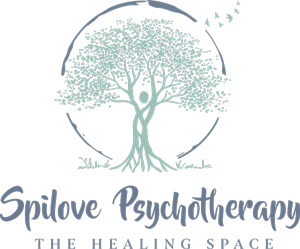Do you find yourself feeling anxious, guarded, or stuck in unhealthy patterns in your relationship? Past trauma can shape the way we connect with others, making it difficult to fully trust, communicate, or feel safe. In this blog, we explore how unresolved trauma impacts relationships and how co-facilitated couples therapy—with two therapists guiding the process—can help you and your partner break free from old cycles and build a stronger, more secure connection.
Click to read more and start your journey toward healing together.










